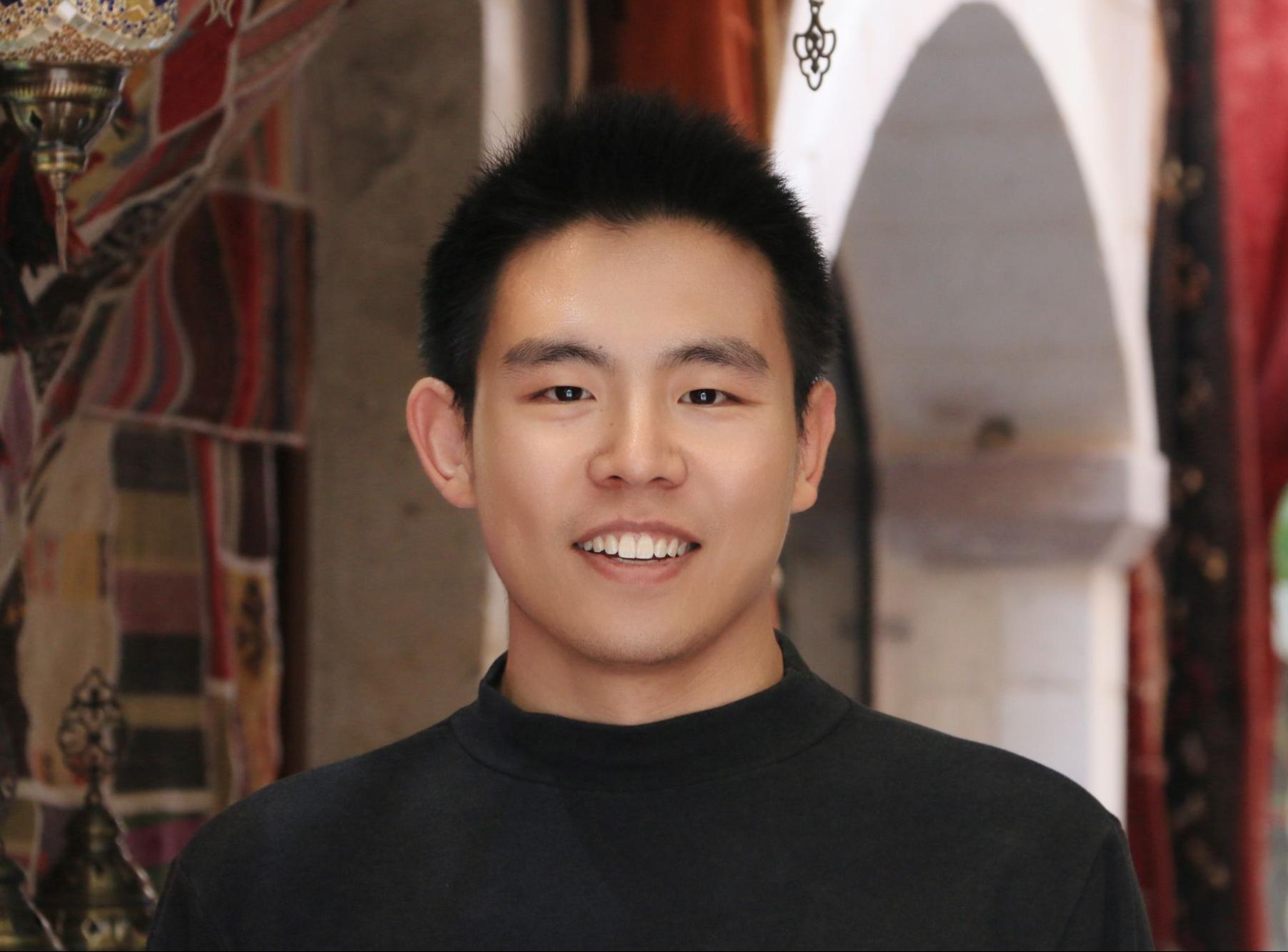Xueyuan (Eric) Gao, Ph.D. Summer '24
In this alumni interview, GEOG caught up with Xueyuan (Eric) Gao, who received his Ph.D in the summer and is now pursuing a postdoctoral fellowship at Princeton University.
Gao shares his excitement about contributing to a vital area of research, reflects on how his time at the GEOG helped shape his career, and offers thoughtful advice for current graduate students exploring their own academic and professional journeys.
What is your focus at Princeton?
I will be working with Jonathan M. Levine, the chair of Ecology and Evolutionary Biology, on land-based climate solutions, including nature based solutions and bioenergy coupled with carbon capture and storage.
What are the carbon and biodiversity impacts of different land-based climate solutions and mitigation strategies? How to improve the monitoring and verification of nature-based emission reductions and removals? How to improve the integrity of carbon credits and rebuild confidence for voluntary carbon markets? These are research questions that we are most interested in.
What excites you most about working on carbon dioxide removal and land-based climate solutions?
The real societal impacts. Carbon dioxide removal is still a nascent technology, but is necessary to be scaled up for achieving the Paris Agreement climate goals. Engaging in carbon dioxide removal and climate solutions fosters close collaboration between private sector organizations, nonprofit institutions, governments, universities and research institutes. Just imagine that people from different sectors are working together to try to solve a real world problem, isn’t that super cool?
How did your experience in our program prepare you for your postdoc role, both in terms of research and professional development?
Had I not enrolled in our Ph.D. program, I likely would not have discovered my true research passion—carbon dioxide removal—or been able to shape my career in this field.
Our program offers students large flexibility in choosing research topics and exploring different areas, while most importantly, allowing room for mistakes and learning from them. This freedom has enabled me to uncover what I truly love and where my passion lies.
Our program also provides lots of professional development opportunities, e.g. weekly seminars, graduate student meetings with the department chair, and participation in faculty activities like the annual faculty retreat. I have benefited from these experiences and the invaluable guidance they provide.
What aspects of your Ph.D. research do you feel were most influential in securing your position at Princeton, and how will you build on them in your postdoc work?
To me I think it is a relatively well-established knowledge system of carbon dioxide removal and land based climate solutions. But I think the most important factor is whether your research aligns well with the objectives of a postdoctoral fellowship or the interests of a potential employer or advisor. The Carbon Mitigation Initiative, under the High Meadows Environmental Institute at Princeton University, is primarily focused on advancing research in carbon dioxide removal and climate solutions. By working within this initiative, I envision developing broader collaborations with experts from both academia and the private sector.
Looking back at your time at the University of Maryland, what were some of the most memorable moments or experiences that helped shape your academic journey?
The difficulties and challenges that I have faced have shaped who I am today. Like many Ph.D. students, I experienced moments of uncertainty and a loss of direction. Fortunately I got support from my friends, guidance from my dissertation committee and other faculty members, and encouragement from my family, and I never gave up.
I am deeply grateful to all those who have supported me throughout this academic journey. The sense of gratitude and capacity for empathy that I have developed over the past five years are invaluable assets that will continue to guide me moving forward.
What advice would you give current graduate students who are interested in pursuing careers in remote sensing or academia?
Everyone’s circumstances are unique, and I try to offer tailored advice to friends and peers based on their specific situations rather than generalized guidance.
I want to specifically say something to those who may be feeling lost, questioning their abilities or lacking support: take a step back, allow yourself the time to explore different paths and don’t hesitate to seek assistance from others.
Most importantly, do not give up. In time, you will discover something you are truly passionate about—something to which you will want to dedicate your life. When that moment comes, you will feel more empowered than ever before and will thrive.
Image: Xueyuan (Eric) Gao, courtesy of Gao


